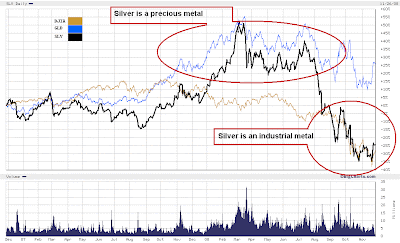
I really don't know how dangerous a law can be for the state of democracy than this. Here's my translation of the article in question, recently published as a proposed law in the state gazette. Under my translation you'll find the Spanish original, because this kind of thing is open to linguistic interpretation and it's best that any Spanish speaker sees the exact language used (though I do believe my translation to be accurate).
 Article 96: Dissolution for attacks against public order and other causes. The Public Ministry may seek via the judiciary the dissolution of any association whose activities or ends are or result in being contrary to the public order, to its good custom, to national sovereignty, to state security or to the international principle of non-interference in internal affairs. ...At any time during the process the judge may dictate cautionary measures that totally or partially suspend the activities of the association, or may designate an intervenor for the same.
Article 96: Dissolution for attacks against public order and other causes. The Public Ministry may seek via the judiciary the dissolution of any association whose activities or ends are or result in being contrary to the public order, to its good custom, to national sovereignty, to state security or to the international principle of non-interference in internal affairs. ...At any time during the process the judge may dictate cautionary measures that totally or partially suspend the activities of the association, or may designate an intervenor for the same."Artículo 96º.- Disolución por atentar contra el orden público y otras causales. El Ministerio Público puede solicitar judicialmente la disolución de la asociación cuyas actividades o fines sean o resulten contrarios al orden público, a las buenas costumbres, a la soberanía nacional, a la seguridad del Estado, o al principio internacional de no intromisión en asuntos internos. (…). En cualquier estado del proceso puede el Juez dictar medidas cautelares suspendiendo total o parcialmente las actividades de la asociación, o designando un interventor de las mismas".
This is serious stuff, people. It basically gives the right to the state to ban any organization, NGO, international assocation or local association it thinks is being a nuisance "to the public order" or similar. Any foreign body seen "interfering" is out. All it needs to do is grab a judge, get a signature and the opposition voice is immediately closed down. No appeals, no warning, nothing. BAM! closed. Here's a Spanish language link to an organization that, fortunately, has already noted the danger this law implies.
I find it incredible that nothing has been said about this proposed law already. This is a blatant contravention of democratic free speech and may even infringe on basic human rights. Those opposed to this law have three or four months to organize themselves and get the word out. THIS LAW CANNOT BE ALLOWED ON TO THE STATUTE. It's opening the door to a police state like no other. Please contact any and all political groups you can think of and stop this clampdown on free speech from happening.
Oh, by the way: all the above is 100% true except for one small detail; it's Peru proposing this law, not Venezuela. Now you know why you've heard nothing about it, because the bullshit hypocritical press that fill your head with crap 24 hours a day would never pick up on a story like this from a supposedly friendly nation like Peru, but my how they'd squeal if it were really Venezuela.
UPDATE: I've been asked for more links to this story in other media, so here are four. There are plenty more if you look for yourself. You'll note they're all in Spanish. And the next person who writes to me and says that "if it's not being reported in English then it's probably no big deal anyway" gets a shaman hex on their tush, ok? Dumbasses like that shouldn't be spending time away from World Of Warcraft to read blogs like this.




























